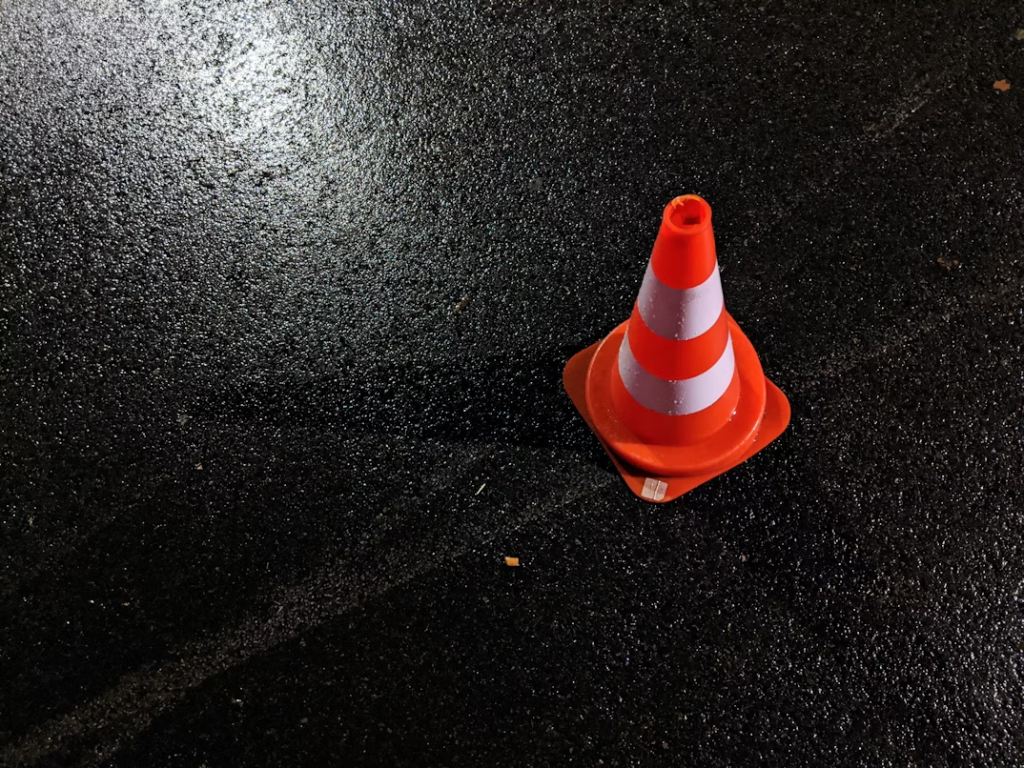Personal injury law is not just about proving fault—it’s also about timing. In Port St. Lucie, if you don’t file your legal claim before the applicable deadline, you may lose your right to compensation forever. Florida’s statute of limitations places strict time limits—typically two years—from the date of injury. Whether you’ve been in a crash, slipped at a store, or suffered a medical error, understanding which deadline applies to your case is critical. Talking with a personal injury lawyer serving Port St. Lucie early can ensure your case is filed in time and preserves your legal rights effectively.
Missing deadlines can happen easily, especially when you’re dealing with pain, recovery, and insurance claims. Even if you believe your claim is strong, failing to act promptly can result in automatic dismissal. This blog explores Florida’s key timelines, exceptions, and what steps residents should take immediately following an injury.
General Personal Injury: Two-Year Limit
For most typical personal injury cases—car accidents, slip-and-falls, dog bites, and others—the statute of limitations in Florida is two years from the date the injury occurred. This deadline is non-negotiable; courts will dismiss any suit filed after that time, regardless of merit. The two-year window also applies to wrongful death cases, typically measured from the date of death. In rare circumstances, if the plaintiff is a minor, the limit may extend, but other rules may still apply.
You don’t need to file a lawsuit immediately to protect your rights, but you must file within this two-year timeframe—or the window to act is lost forever. Consulting a lawyer early, even before you feel fully ready, gives you time to identify evidence, locate witnesses, and prepare your case responsibly while deadlines approach.
Medical Malpractice: Special Pre‑Suit Requirements
Medical malpractice cases have stricter pre-suit rules beyond the two-year filing period. Before filing a lawsuit, you must:
- Obtain an affidavit from a qualified medical expert supporting a reasonable belief of medical negligence
- Issue a formal “notice of intent” to the healthcare provider(s)
- Allow the provider a 90-day investigation window before filing suit
These pre-suit obligations create additional deadlines that must be met before the two-year window expires. If the notice or affidavit is delayed, you risk losing your right to file entirely. As such, anyone considering medical malpractice litigation in Port St. Lucie—or anywhere in Florida—should seek legal advice without delay.
Government Entity Claims: Shorter Notice Periods

If your accident involves municipal or state-owned property—such as a pothole, crosswalk, or sidewalk—you likely must file a notice of claim with the appropriate agency (city, county, or state) within six months of the incident. This is separate from filing a lawsuit, which must happen within the two-year statute of limitations.
Failure to give notice properly usually means your lawsuit will be dismissed, even if the incident was clearly negligent. Because these rules vary by agency and incident type, consulting an attorney who understands Port St. Lucie and Florida government immunity provisions is essential.
Product Liability: Four-Year Deadline
In the case of injuries caused by a defective product—such as a faulty car part, children’s toy, or appliance—the statute of limitations is four years from the date of injury or discovery of harm. This longer timeline reflects the complexity of product-related claims and the time it may take for injuries to manifest.
Still, waiting too long can result in lost evidence, W‑2 records, or expert witness availability. If you believe your injury may involve product liability, initiating your case early helps preserve your case and ensure compliance with the extended—but non-infinite—deadline.
When Discovery Delays the Clock
Some injuries do not become apparent immediately—such as cancer from toxic exposure or latent spinal damage. Florida sometimes provides relief if the injury could not reasonably have been discovered at once. In these “discovery rule” cases, the statute of limitations may begin when the harm becomes evident or reasonably should have become known. However, this rule is narrowly applied and highly dependent on medical proof and documentation.
Therefore, relying on this exception without thorough legal guidance is risky. Delayed discovery should be supported by strong expert evidence linking delay to reasonable notification of injury.
Consequences of Missing the Deadline
If you file a lawsuit after the applicable statute of limitations—or fail to meet pre‑suit notice requirements—your entire case can be dismissed, often with no ability to appeal. Florida courts generally enforce these deadlines strictly, without equity for extenuating circumstances.
Imagine suffering serious injuries only to find out your claim is thrown out due to a missed deadline. That’s why acting promptly, even while healing—is one of the most important steps you’ll take in protecting your legal rights.
Why Legal Help Matters Early
It’s tempting to delay contacting an attorney while you focus on recovery—but doing so can jeopardize both evidence and deadlines. A qualified attorney can:
- Identify which time limit applies in your case
- Help manage pre‑suit obligations like medical expert reports or government notices
- Preserve and collect essential evidence while it’s fresh
- Handle communications with insurance companies to avoid admitting fault prematurely
Early legal involvement ensures you navigate complexities like government claims, medical malpractice requirements, or minor-related extensions without accidental missteps.
Filing On Time Is Just as Important as Filing Correctly

Being injured is hard enough missing out on the opportunity for legal recourse due to a timing error is avoidable. Florida’s statutes of limitations vary depending on your claim type, and some require additional pre‑suit steps or expedited timelines.
If you’re unsure which deadline applies to your situation or how to begin preserving your case—consult with a personal injury lawyer serving Port St. Lucie who understands the specifics of Port St. Lucie and Florida law.
To discuss whether your claim is within the applicable deadline and learn how to take the next steps, contact Frankl Kominsky Injury Lawyers for a free, confidential evaluation.
About the Author
This article was authored by a legal content expert specializing in Florida personal injury and procedural law. With substantial experience helping injury victims understand statutes of limitations, minor exemptions, and government notice requirements, the author aims to provide clarity in often-overlooked but crucial legal timelines. Their work focuses on translating technical deadline rules into readable guidance so readers can act confidently. This content is not affiliated with any law firm and is intended for informational purposes only.
